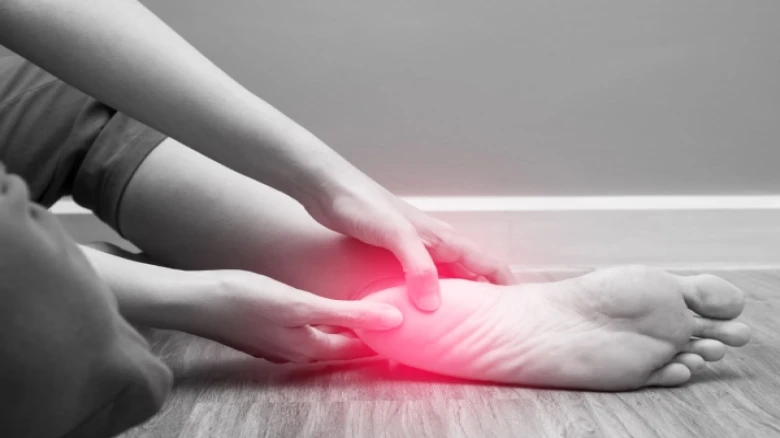Making certain healthy lifestyle adjustments can help reduce pain, swelling, and stiffness, among other symptoms of arthritis. Here is some advice from professionals.
Digital Desk: Living an active lifestyle and eating healthy food helps reduce arthritis suffering. Depending on the severity of your disease and the stage you are in, you may need to control the autoimmune disorder that produces inflammation in your joints.
While regular exercise is important for arthritis care, excessive physical activity can sometimes be harmful. There are further lifestyle modifications that can improve arthritis sufferers' quality of life. Weight loss, vitamin supplements, yoga, and anti-inflammatory foods can all help you live better with arthritis.
Everyone's arthritis isn't at the same stage. "The stage of arthritis may be diagnosed by consulting an orthopaedic surgeon and doing accurate X-Rays, which helps in determining the nature of the condition and therapy appropriately," says Dr Siddhart Yadav, Consultant, Orthopaedic & Joint Replacement Surgery.
Modifications in way of living life for Arthritis
Dr. Siddhart offers an additional five suggestions for easing arthritic symptoms.
1. Reduce weight
The most frequent risk factor for developing early osteoarthritis is an overweight body. During some activities, the strain on the knees can be almost three times the body weight. Weight loss can both delay the onset of early arthritis and provide significant pain relief for individuals who are already afflicted.
2. Adjust your exercise routine
Avoid impact-loading activities like jogging, crouching, skipping, and sitting on the floor, and only use western toilets if you have knee pain. This would lessen discomfort and prevent further joint injury from developing.
3. Routine exercise
Regular exercise is just as vital as taking medications because strong muscles stabilise the joints and joint movement and are also helpful for the nourishment of the joint surface.
4. Vitamin Additions
Strong bones are a result of vitamin D, while muscles and nerves benefit from vitamin B12. Long-term vitamin insufficiency can also result in early cartilage degradation that leads to arthritis.
5. Yoga Practice
Yoga indirectly assists by reducing stress and enhancing metabolism. Regular yoga practise raises pain tolerance, which lowers the need for painkillers.

Leave A Comment